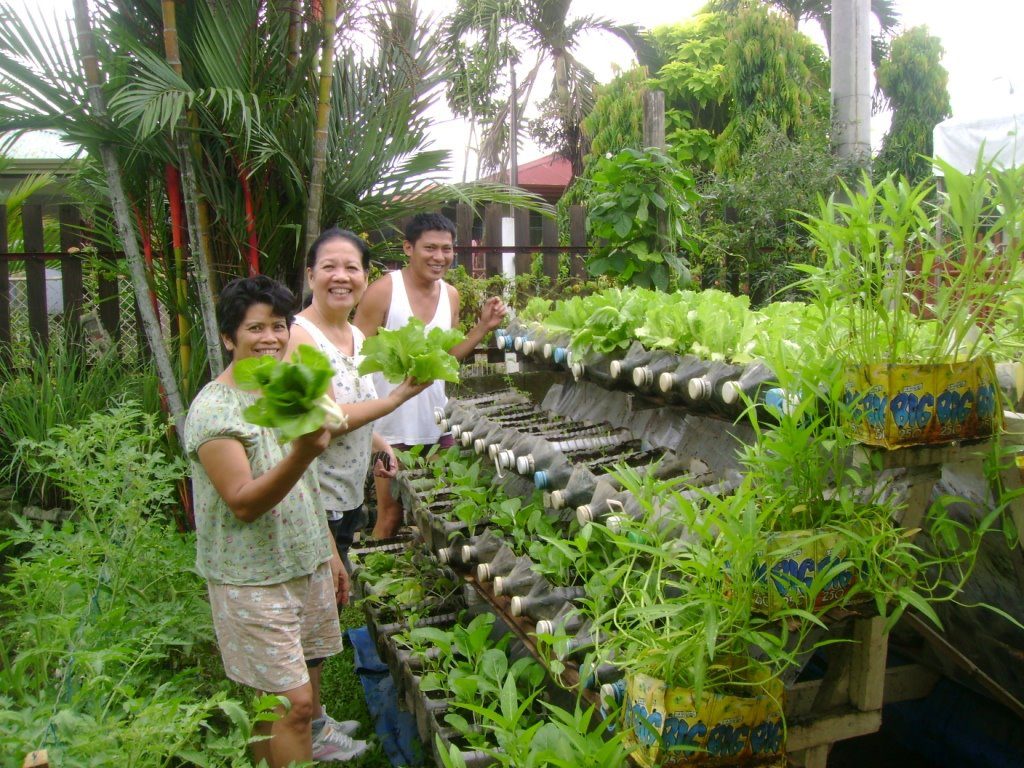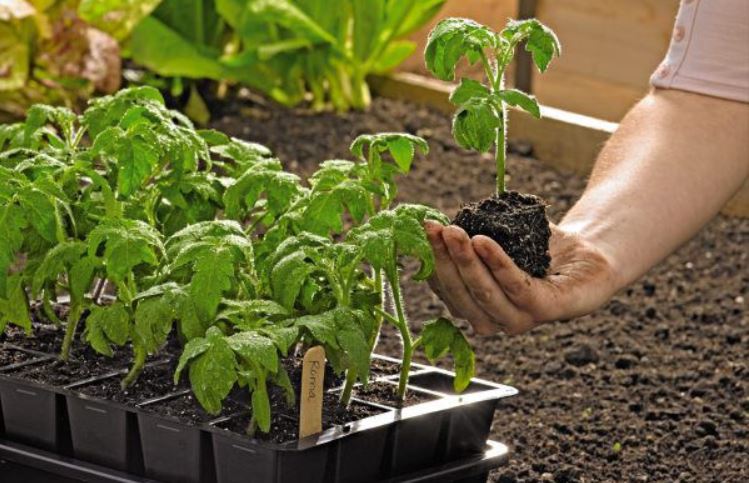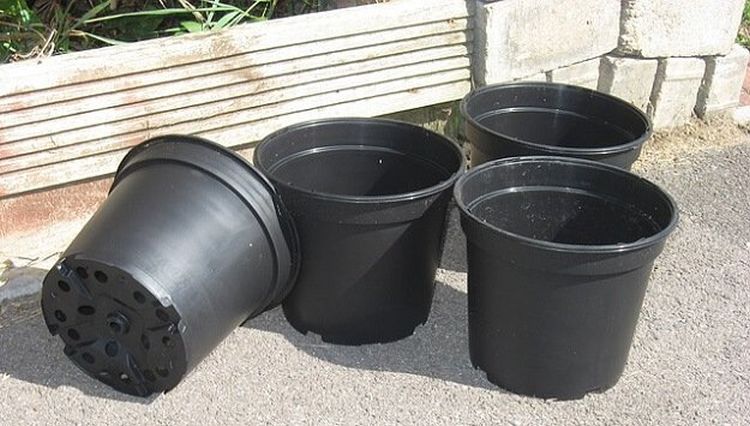
In recent years, growing food in plastic containers has seen a boom. However, this led many people to wonder whether plastic containers are a safe and healthy way of growing food. Hence, let’s take a closer look at whether growing food in plastic containers is a safe practice.
Plastic Containers: The Ultimate Guide
There are plenty of different plastic types and classes. So, in order to know what type and class of plastic you are using, there is a recycle code and an abbreviation for the plastic-type for each type of plastic, which makes the process standardized. For instance, if the plastic is labeled as #1, it means that it is PET or PETE (Polyethylene Terephthalate).
Each and every plastic-type is made of different chemicals and as such, comes with different properties. Hence, each plastic decomposes differently and leaks different chemical. So, in order to determine the safety of certain plastic, you have to identify what kind of plastic it is.

Plastic, in general, is known to leak chemicals, but how harmful these chemicals depend on the type of plastic. Moreover, the dose and chemical processes are also important as there is a safe dose of leaking for each chemical. Additionally, chemicals can lead from the plastic and go into the soil, water, and become absorbed through the roots. So, they can end up in the leaves and stems, and we can consume them.
The chemicals that plastic contains are said to be organic and possible to be decomposed. However, how fast this process will happen depends on many factors, such as the soil type, the chemical, the microbial community, and the temperature. How much chemicals there will be in the soil depends on the watering. So, plants which require more frequent watering allow washing the chemicals away more quickly.
Likewise, the absorption of chemicals by organic matter is another factor which determines how much chemicals there will be in the roots. Thus, the higher the organic matter of the soil, the fewer chemicals there will be present in the roots.
In a nutshell, there aren’t a lot of chemicals which leak from the plastic containers to the roots of the plants. You might want to consider using biodegradable plastic for growing food as it breaks down easily and disappears over time.

Do Chemicals from Plastic Containers Get into Plants?
It is often the case that the soil contains chemicals which don’t get absorbed by the roots. Consequently, the plants we eat contain no chemicals from the plastic container and are safe to consume. However, the chemicals sometimes get absorbed by the roots, but only little of the chemicals go in the other parts of the plant.
Many plastic materials, such as garden hoses and plastic bags, contain phthalates, also known as plasticizers. The phthalates are chemical substances which are easily absorbed by carrots, lettuce, and strawberry. Hence, they can be consumed through the food we eat or can be inhaled or absorbed through the skin. The safe and tolerable dose on a daily basis of phthalates is 50 μg/kg body weight. These chemicals can be found in vegetables, fruit, and other food groups, as well as cosmetic products like deodorants, body lotions, baby products, and skin cleansers.
Besides phthalates, polycarbonate plastic contains bisphenol A (BPA), which can be toxic to plants at higher concentrations. Polycarbonate plastic is usually used for water bottles or containers to store food. As the BPA has raised plenty of health concerns, it is commonly replaced with two similar chemicals, BPS and BPAF. These chemicals last less than a day in soil and don’t get absorbed by the roots.
What Is Plastic Safe for Growing Food?

There are several types of plastic which have been recognized as safe for food, including #1, #2, #4 and #5. The chemicals these types of plastic containers are of low toxicity and won’t get absorbed into the plants. Thus, they are safe for storing and growing food.
So, you can also recycle some plastic containers but always check if they are labeled with #1, #2, #4 and #5.
If you have plastic containers made of PVC plastic, you might want to consider not using them as that’s best for the environment. However, uPVC or rigid PVC are generally considered safe as they contain no phthalates.
Heat and light also affect the chemical decomposition and seepage. For instance, plastic releases BPA 50 times faster when in contact with boiling water than with water at room temperature.
Is Growing Food in Plastic Containers a Safe Practice?
Using plastic containers for growing food can be safe as most of the chemicals leaked from plastic are at very low levels and considered perfecly safe. Likewise, phthalates are very common and everywhere and you consume than even if you don’t grow your food in plastic containers. This also goes for your cosmetic products as you should also limit the intake of them. So, if your plastic container is labeled as food safe, you have nothing to worry and can grow your food in it.

















